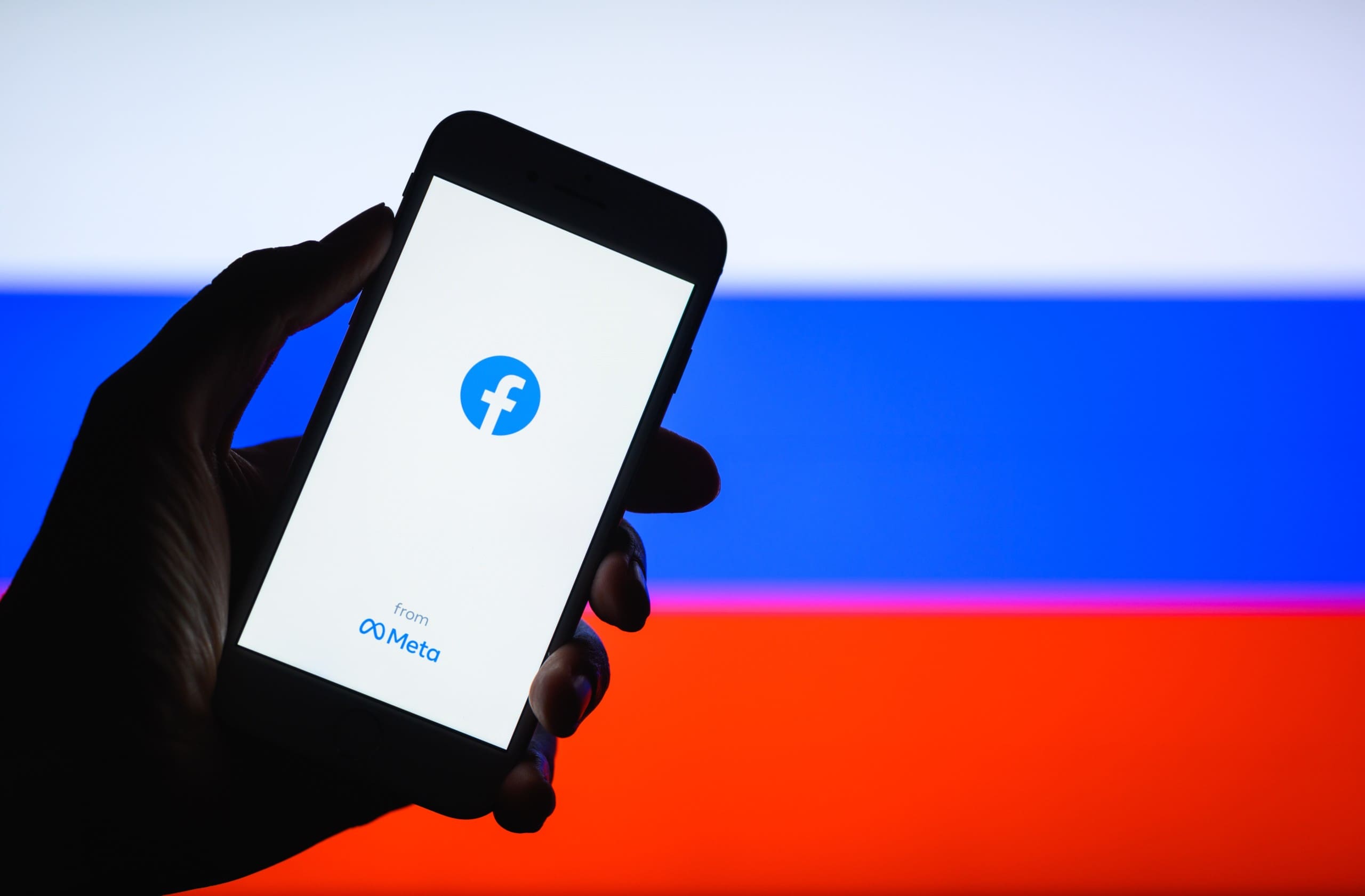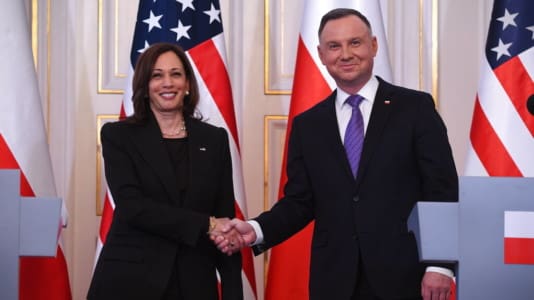The parent organization of Facebook and Instagram has temporarily amended its content policy to allow for users in some European countries to actively incite violence against Russians, and call for the death of Vladimir Putin and Belarusian President Alexander Lukashenko, according to internal emails seen by the Reuters news agency.
Leaked emails to the content moderators of Meta, which owns the popular social media platforms, appear to suggest that posts from users which would normally be classified as hate speech will be tolerated when made in the context of Russia’s invasion of Ukraine.
Reuters has reported that the policy shift will temporary, however, there is no mention of a proposed time frame by Meta, suggesting the move in its content moderation is currently indefinite.
[pp id=30451]
According to the emails, calls for either of the leaders’ deaths will be permitted “unless they contain other targets or have two indicators of credibility, such as the location or method.”
With regards to posts which incite violence against Russians, these will be allowed when posts are “clearly talking about the invasion of Ukraine,” for example, in calls for violence against Russia soldiers currently present in the country.
The countries in which the policy changes will apply are listed as Armenia, Azerbaijan, Estonia, Georgia, Hungary, Latvia, Lithuania, Poland, Romania, Russia, Slovakia, and Ukraine.
Social media users reacting to the news questioned the move, and expressed concern that U.S. Big Tech can now essentially dictate who its users can justify violence against. The move also comes after some signs that opposition the Russia’s invasion of Ukraine are spilling over into broader anti-Russia hate, which has led to Russians being banned from some restaurants, incendiary attacks against Russian cultural establishments, and an instance of one medical clinic denying medical treatment to Russian in Germany.
The policy shift initially raised questions about the extent of its scope, with users being left confused as to whether calls for violence could for instance be legitimately aimed at the vast sums of Russians who have been detained in their homeland for protesting against the Ukrainian invasion.
However, a Meta spokesperson later provided assurances to Reuters after it had published its initial story that its social media platforms “still won’t allow credible calls for violence against Russian civilians.” Instead, they will loosen their moderation of “political expression that would normally violate our rules like violent speech such as ‘death to the Russian invaders.'”
Another policy change Meta has recently issued refers to the far-right, neo-Nazi Ukrainian paramilitary group Azov Battalion, which it will now “allow praise of … when explicitly and exclusively praising their role in defending Ukraine OR their role as part of the Ukraine’s National Guard.”

An example of content now deemed to be acceptable by the social media giant is provided in the internal emails first reported by non-profit U.S. news site The Intercept, and subsequently verified by Reuters.
“Azov movement volunteers are real heroes, they are a much needed support to our national guard.”
An example of content now considered to be acceptable in some countries by the owner of Facebook and InstagramFacebook has been blocked in Russia by the Kremlin after reports the social media site had censored its state-affiliated broadcaster, RT. RT has also been blocked across the EU and the U.S. Other social media platforms such as Twitter have also been heavily restricted in Russia after Twitter shutdown the RT Twitter page.
The information digital war between Russia and the West has seen the former close down the Moscow bureau of Germany’s public broadcaster Deutsche Welle, in retaliation for Germany banning RT. Other countries to impose content restrictions on what is perceived to be a tool for Kremlin disinformation include the United Kingdom, where RT UK was removed from all broadcast platforms at the beginning of March.





